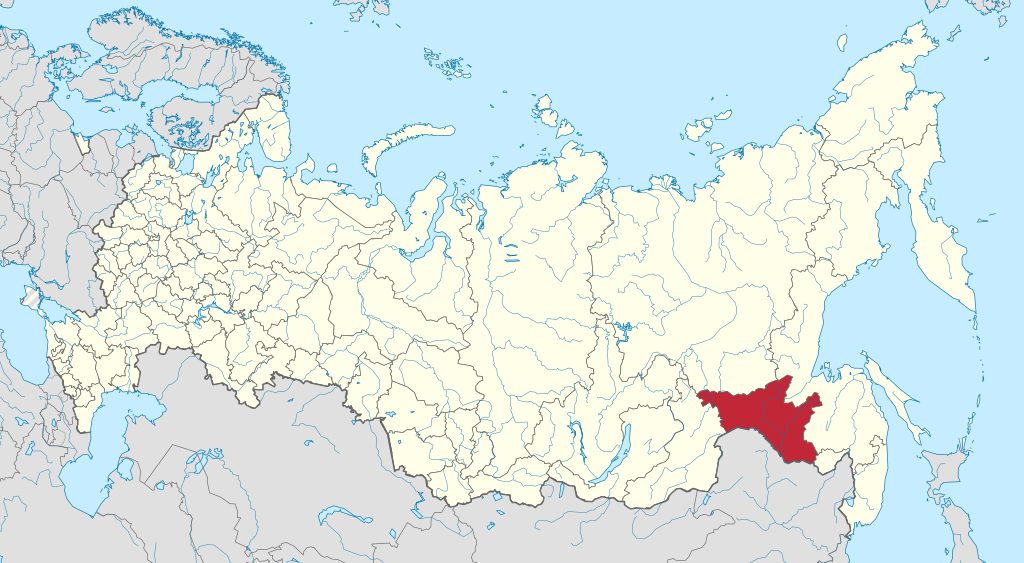Russian law enforcement authorities have recently made a significant move by seizing Bitcoin from illegal cryptocurrency miners as part of a broader crackdown on illicit activities in the digital asset space.
In a press release issued by the Investigative Department of the Investigative Committee (SKR) for the Amur Oblast, it was revealed that authorities had confiscated Bitcoin valued at around 7 million rubles ($88,570; BTC 0.8414) from a former executive of an electricity company. The individual in question was identified as the former head of technological connection services at the Amur branch of the Far Eastern Distribution Company (DRSC).
The DRSC operates as an electrical grid provider in the Amur Oblast, which is situated in Russia’s Far East. According to investigators, the accused individual leveraged his expertise in the company’s power distribution systems to extract electricity from the grid for the purpose of powering Bitcoin mining rigs.
The SKR disclosed that the man was found to be mining cryptocurrency within his own residential premises, utilizing his knowledge of technological connection to electrical networks. It was further revealed that the individual had circumvented a metering device in 2024, establishing an illegal connection to the company’s electrical grid facilities and consuming over 3.5 million rubles ($44,334) worth of electricity.
Collaborating with the Federal Security Service, the SKR was able to seize the Bitcoin assets linked to the illegal mining operation. Additionally, the accused was also discovered to have accepted bribes from business owners in the region, allegedly in exchange for approving electricity-related documentation.
The seizure of Bitcoin from illegal miners marks a significant development in the enforcement of cryptocurrency regulations in Russia. With Bitcoin lacking legal status in the country, law enforcement agencies have faced challenges in confiscating digital assets in the past. However, recent efforts to introduce a legal framework that empowers courts and authorities to confiscate crypto in criminal cases suggest a shift in approach.
High-profile cases involving the seizure of cryptocurrencies, such as the server operator of the Hydra darknet portal and former Russian Investigative Committee investigator Marat Tambiev, demonstrate the government’s commitment to cracking down on illicit activities in the digital asset space. If the proposed legal mechanism is enacted, it would enable officials to recognize cryptoassets as intangible property in criminal proceedings.
By seizing Bitcoin from illegal cryptocurrency miners and enforcing stricter regulations, Russian authorities are sending a clear message that illicit activities in the digital asset space will not be tolerated. The crackdown on illegal mining operations and the confiscation of digital assets represent a significant step towards ensuring compliance with cryptocurrency laws and regulations in the country.

